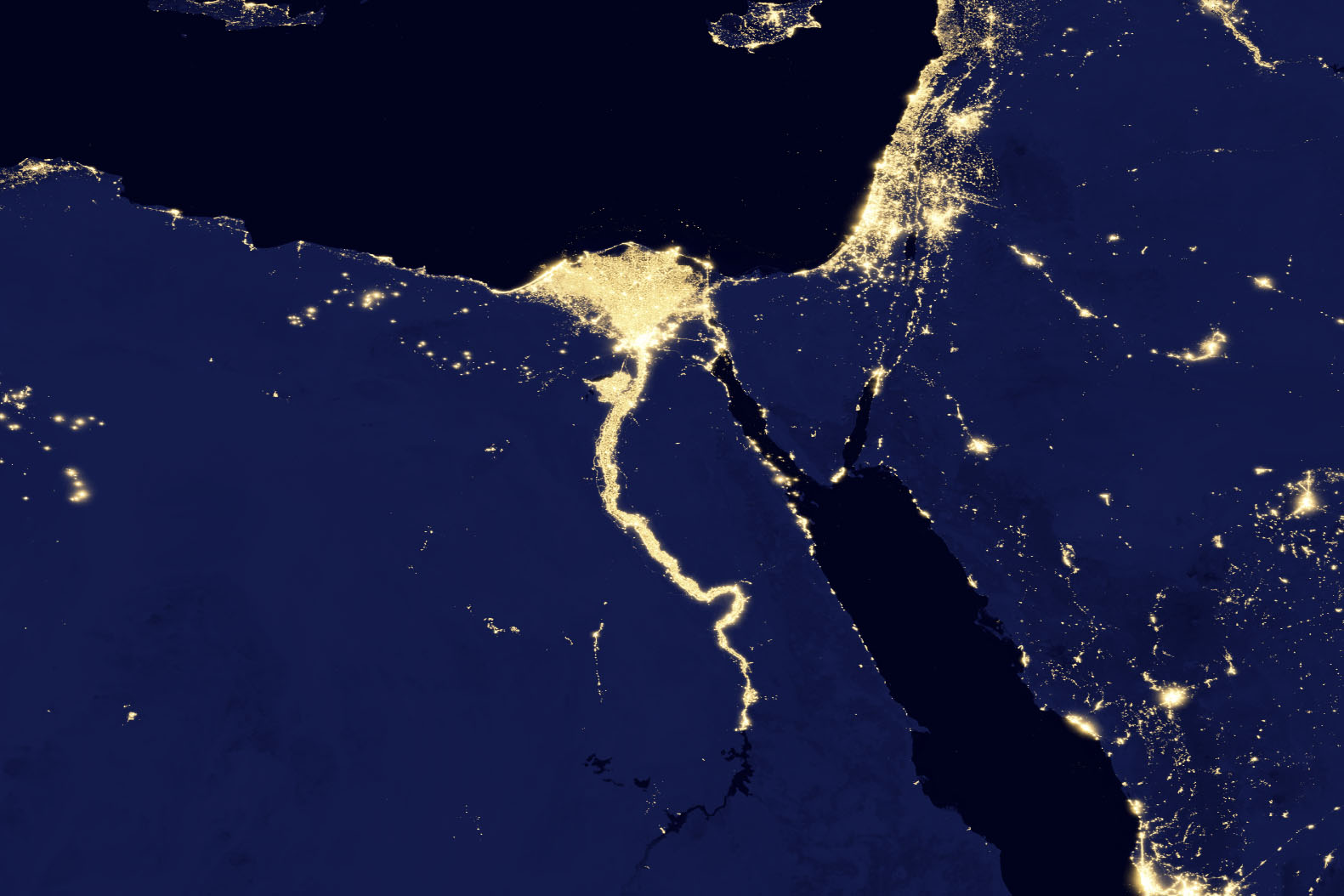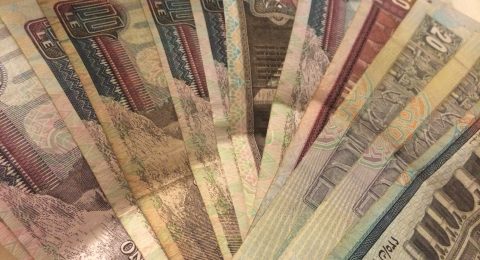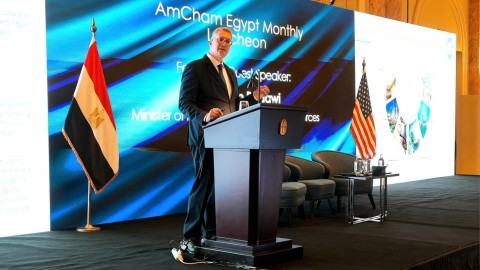Egypt will begin rolling out a smart card system for subsidised fuel from June 15, the head of the firm overseeing the project said, part of plans to reduce costly energy subsidies over time.
Fuel subsidies have long weighed on Egypt’s state budget and contributed to the economic stagnation that President Abdel Fattah al-Sisi promised to tackle when he took office last May.
The government cut fuel subsidies last summer, raising prices by up to 78%, in a move lauded by economists but criticised by some Egyptians accustomed to cheap energy. More subsidy cuts are expected in the coming years.
A similar “smart card” system to distribute subsidised bread has been widely seen as a success for the government because it saved money and also helped families who no longer have to wake up early to fight for loaves.
The government is hoping to emulate this success with fuel. Ibrahim Sarhan, chairman of e-finance which is responsible for the project, told Reuters late on Wednesday:
“We have printed 3.7 million cards, of which 1.2 million have been distributed … to 17 provinces in Egypt,” he said, adding that the rest of the cards would be distributed to the country’s remaining 10 provinces by mid-May.
The new cards do not entail rationing for now but will enable the government to monitor the amount of fuel being consumed per vehicle and thereby to crack down on smuggling.
Eventually each card will be assigned a ration for subsidised prices. Egypt is home to an estimated 4.5-5.5 million vehicles.
The government is trying to reform the decades-old system of subsidies without angering Egypt’s rapidly growing population, now at 87 million. The subsidies have helped turn Egypt from a net energy exporter into a net importer over the last few years.
Egypt’s fuel subsidy bill for the first half of the current fiscal year fell by about 30%, the finance ministry said last month, thanks to sharply lower global oil prices and last summer’s subsidy cuts.
Source: Reuters












